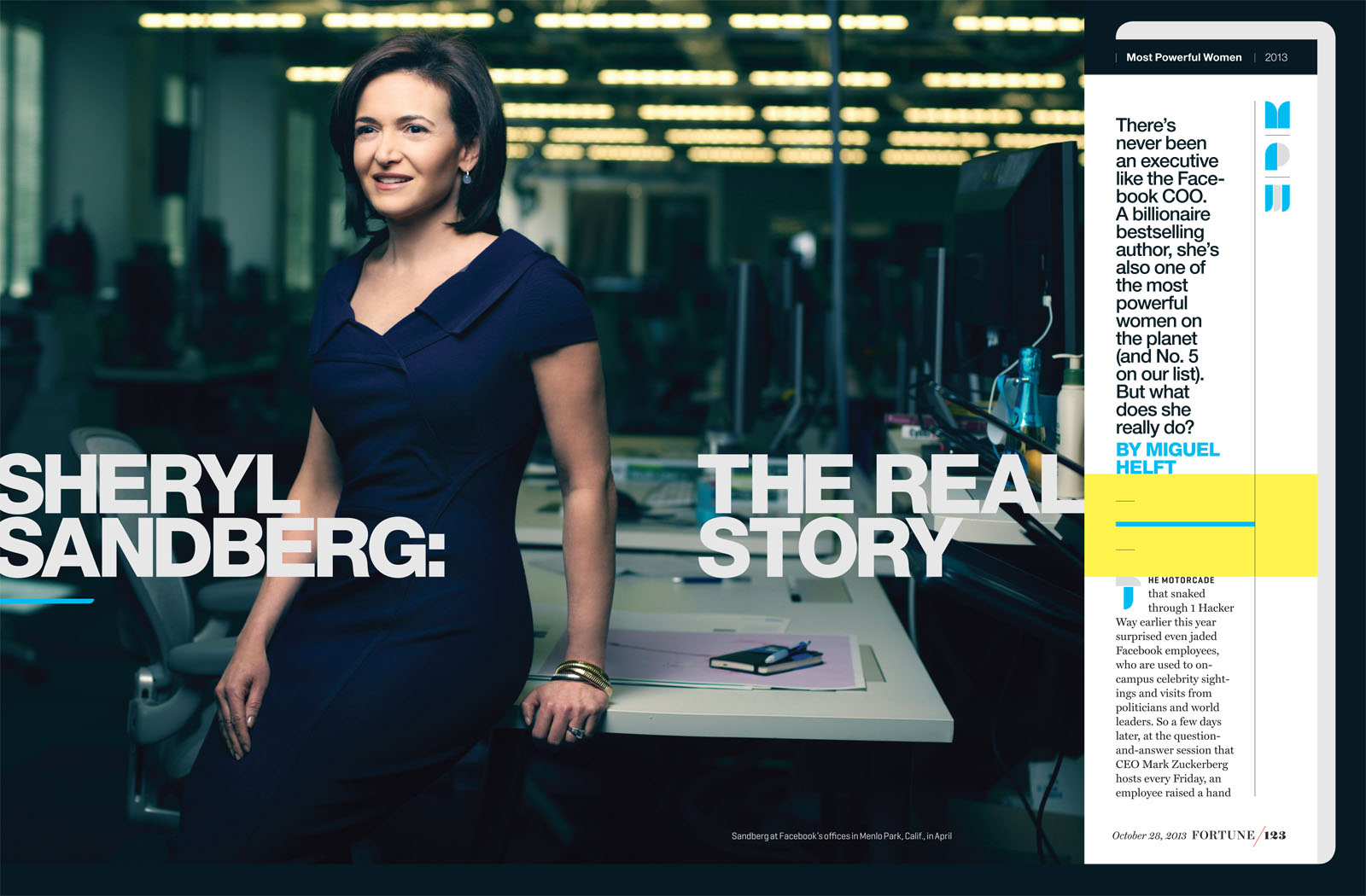Facebook COO Sheryl Sandberg’s book Lean In: Women, Work, and the Will to Lead provides some important insights and useful guidelines on what women themselves can do to attain more influential positions at work, but it often veers into the areas of generic career advice and a corporate A-lister’s perspective of the world.
Lean In is essentially an expansion of some of the key points Sheryl Sandberg raised in her prolific TED talk “Why We Have Too Few Women Leaders.” She posits that our internalized messages, created by a lifetime of social conditioning, are a large part of the reason there are so few women leaders. Sandberg runs through a variety of both internal and external causes holding females back in the workplace: the gender stereotypes instilled in us since childhood, women’s greater susceptibility to the imposter syndrome, and people’s tendency to view female leaders as cold and ruthless.
One Sandberg’s points in particular hit a nerve with me—far too often we label career-driven mother as a woman who “does it all.” In other words, we assume that not only does this superwoman simultaneously don two hats, but she wears them with perfection. According to Sandberg, what we need are “more portrayals of women as competent professionals and happy mothers—or even happy professionals and competent mothers.” The widespread notion of “how does she do it” is indeed too pervasive. Sandberg argues that this artificial projection of a perfect working mom needs to be replaced with the expectation of increasing male responsibility in the home that parallels growing female leadership in the workplace.
Along with advocating a more balanced division of labor at home, Sandberg also advises women on how to seek a partner:
“When it comes time to settle down, find someone who wants an equal partner. Someone who thinks women should be smart, opinionated, and ambitious. Someone who values fairness and expects or, even better, wants to do his share in the home.”
I appreciated that Sandberg acknowledges that the attitude of the man a woman chooses to marry will affect her professional success. Her description is rounded off with several examples of men who fulfill more than half the share of parental responsibilities so that their spouses can rise through the leadership ranks. The most memorable one was Scott, who, on his trips for work, would get calls from his wife asking what she should pack for their kids’ lunches.
However, one should not read Lean In with expectations of encountering a transformative treatise. It does not offer a great deal more than Sandberg’s original TED talk did. Readers will come across many moments where Sandberg’s points are more in the realm of general career counsel than female-specific advice to “lean in.” For example, she launches into topics like finding mentors and the importance of clear communication–advice I had already encountered in my other readings on career development.
And for the reader looking for Sandberg to discuss the many ways a woman can go about managing her career, you will be disappointed. To her credit, Sandberg emphasizes that in order to find success and fulfilment, women do not necessarily have to mimic her specific career path. While I don’t doubt that this is a genuine sentiment, I don’t believe the examples and anecdotes in the book reflect the range of choices women can make. Every story is that of either Sandberg herself or an A-lister woman like her; fittingly, the stories deal with promotions, executive recruitment—the kind of issues that only a tiny percentage of the working population can relate to. As a woman who is hardly an A-lister career-wise but still appreciates the importance of “leaning in,” I often felt alienated by her topics and tone. In fact, I found myself unfavorably comparing myself to Sandberg, which significantly impacted my experience of reading the book.
Perhaps the most important takeaway from Lean In is that “Every job will demand some sacrifice. The key is to avoid unnecessary sacrifice.” To me, this statement leaves it up to the reader to determine her level of necessary sacrifices. Although I highly doubt that the values for women espoused in the book reflect all women’s values, it still provides a needed roadmap for how to steadily right the imbalance of having too few women leaders.
Sarah Farrukh blogs about faith and books at A Muslimah Writes.




